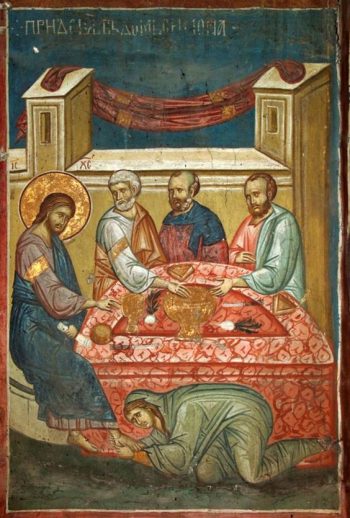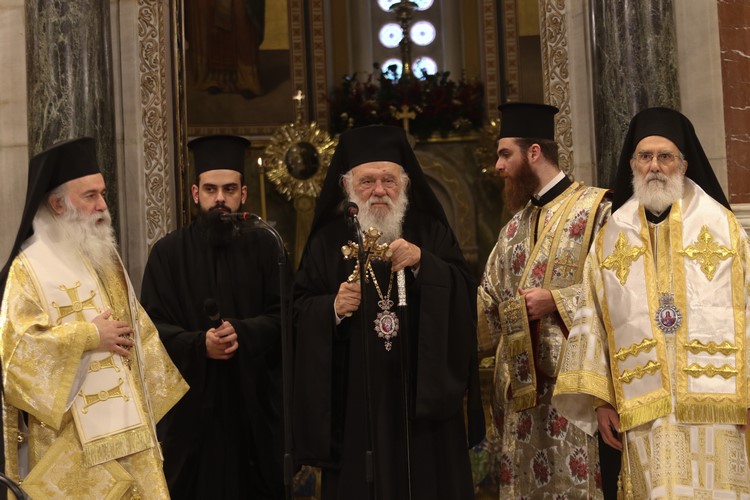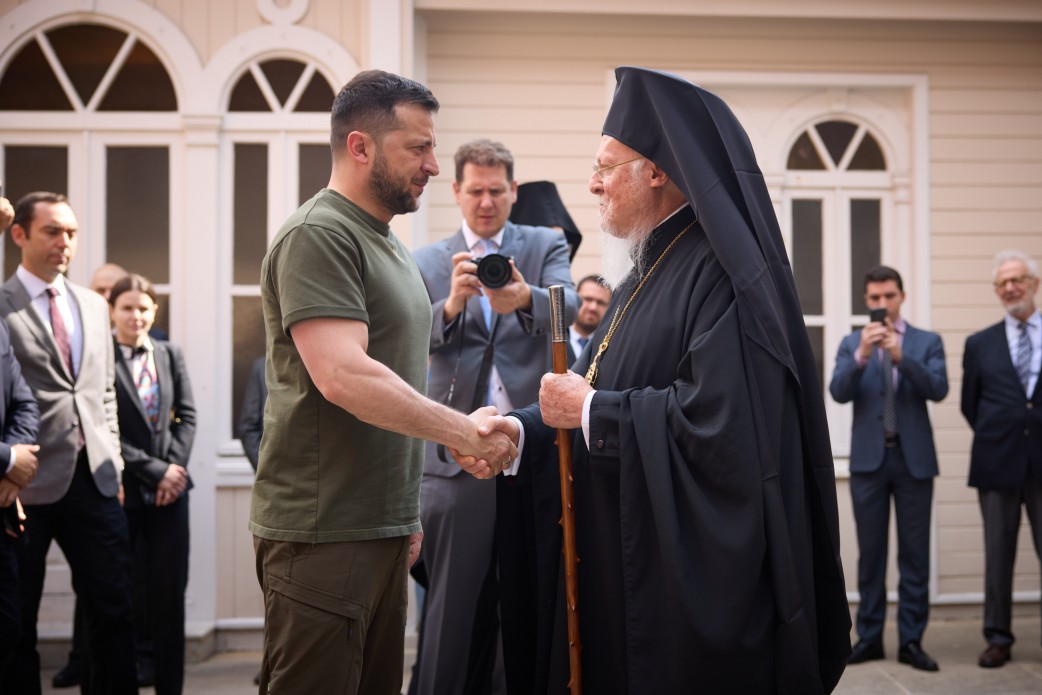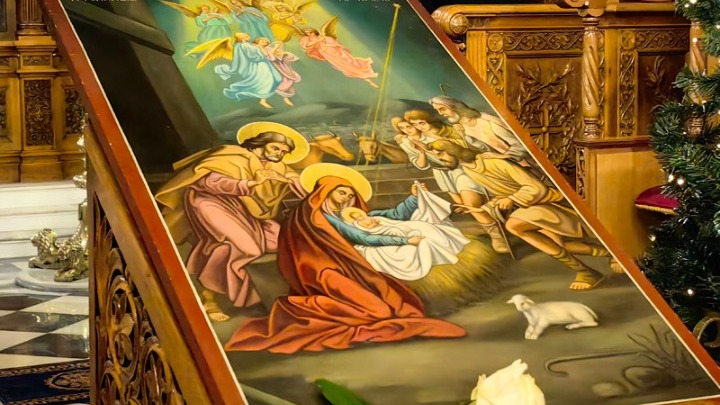The Central Message of Great and Holy Wednesday


In the Gospel and hymns of the Church for Holy Wednesday, we hear about the sinful woman who broke an alabaster box of costly ointment, wept at Jesus’ feet, and dried them with her hair. She broke the box – i.e. saved nothing for herself – and poured it out as her offering. It cost 300 denari, which was 300 days’ wages! This latter fact enrages the disciple who sits in a place of honor next to Jesus and manages the money – the notorious Judas. The hymns of Holy Week tell us even more about the contrast between these two, being quite explicit as to where the woman came from just then, and the background of Judas. Make no mistake: Judas was an Apostle and had the gift of healing. Yet still he was more interested in worldly things, could not look up from temporary concerns, and had no horizon of vision. He would later even partake of Holy Communion in an unworthy manner and become demon possessed.
The sinful woman understood what Judas did not: Christianity is about healing. Not just temporary healing, but from man’s biggest problems: egotism, sin and death. The great paradigm of Orthodoxy is not that of righteous/sinful, but of healthy/sick. All of us need healing. This is our primary Christian aim, and is evidenced by the fact that even Jesus implies it is of greater importance than giving our riches to the poor and needy. The social gospel had taken such a hold of the disciples of Jesus that they forgot what is even more essential. The sinful woman shows her great love by her humble offering, and not only received healing by the Physician of our souls, but has become an example for all time for what the Lord truly seeks from His disciples.
It is for this reason that the Church, guided by the Holy Spirit, has as a tradition the celebration on Holy Wednesday of Holy Unction in the churches. This service is filled with references to this central message of the day – that Christ came to heal our fallen sinful condition through the sacrifice He made on the cross and the destruction of death through His death. It is within this total context that we should attend the Service of Holy Unction, which is a great mystery of the Church that allows us to be healed by the very hand of Christ when the priest anoints us with the holy oil.
Hymn of Praise for Holy Wednesday
As the sinful woman was offering myrrh, the disciple was making terms with the lawless. She found joy pouring out what was precious; he hastened to sell out the priceless One; she acknowledged the Master, he cut himself off from the Master; she was set free, he fell slave to the enemy. What unspeakable callousness! How great the repentance! Grant me this, O Savior who suffered for us, and save us.
For a more thorough treatment of the Holy Unction service and other prayers of healing in the Orthodox Church, read Sin, Sickness, and Salvation by Archpriest Chad Hatfield.
Source: johnsanidopoulos.com






